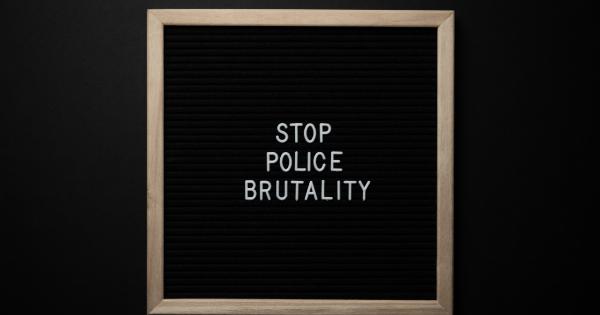Memory is a complex cognitive process that allows us to encode, store, and retrieve information. It plays a crucial role in our daily lives, helping us learn, make decisions, and navigate the world around us.
However, despite its importance, our memory is not infallible. There are several paradoxical variables that can undermine our memory, leading to errors, distortions, and lapses. In this article, we will explore seven such variables and their impact on our memory.
The Paradox of Confidence
One paradoxical variable that can undermine our memory is the paradox of confidence. Often, we feel confident about the accuracy of our memories, even when they are flawed or distorted.
This overconfidence can lead us to rely on inaccurate information and make poor judgments or decisions based on faulty memories.
The Paradox of Forgetting
Another paradoxical variable is the paradox of forgetting. While we often lament our forgetfulness, forgetting is actually a natural and necessary part of the memory process.
Our brains are constantly filtering and prioritizing information, discarding what is deemed unimportant or irrelevant. Unfortunately, this filtering process can cause us to forget valuable information and experiences.
The Paradox of Reconstruction
Memory is not simply a passive record of past events but rather a reconstructive process influenced by our beliefs, schemas, and experiences.
The paradox of reconstruction refers to the fact that our memories are not accurate representations of the past but rather reconstructions that can be influenced by external cues, suggestions, and biases. This can result in false memories and the distortion of actual events.
The Paradox of Emotional Memories
Emotional memories are often vivid and long-lasting. However, they are also susceptible to distortion and alteration.
The paradox of emotional memories lies in the fact that while emotionally charged events may be remembered more vividly, the accuracy of these memories can be compromised. The intense emotions associated with these memories can influence our perception and recollection, leading to biases and inaccuracies.
The Paradox of Interference
Interference refers to the phenomenon where the storage or retrieval of information is disrupted by the presence of other competing information.
The paradox of interference is that while we often rely on our memory to help us recall information, the presence of similar or conflicting information can interfere and hamper our ability to remember accurately. This can lead to confusion, mixing of memories, and forgetting of important details.
The Paradox of Suggestion
Suggestion can have a powerful impact on our memories. It can alter our recollection of events, implant false memories, and even lead to the creation of entirely fictional memories.
The paradox of suggestion is that while suggestions can serve as valuable cues for memory retrieval, they can also lead to the creation of inaccurate or misleading memories. This has significant implications in legal settings, where eyewitness testimony can be influenced by suggestive questioning.
The Paradox of Time
Time plays a critical role in the memory process. However, our perception of time is subjective and can be distorted. The paradox of time highlights the fact that our memory of the duration of events is often inaccurate.
We tend to underestimate the length of time for unpleasant or monotonous activities, while overestimating the duration of enjoyable or novel experiences. This temporal distortion can impact the accuracy of our memories.
The Paradox of Source Monitoring
Source monitoring refers to our ability to remember the source of information, such as the context, location, or person associated with a memory.
The paradox of source monitoring arises from the fact that our memories of the source of information can fade or become blurred over time. This can lead to memory misattributions, where we mistakenly attribute a memory to the wrong source, resulting in inaccurate recollection and potential false beliefs.
The Paradox of Encoding and Retrieval
The process of encoding and retrieval is fundamental to memory. However, the paradox lies in the fact that what we encode and what we retrieve may not always align.
We may encode information in a particular way, but our ability to retrieve it accurately can be hindered by various factors such as stress, distractions, or contextual changes. This mismatch between encoding and retrieval can result in memory failures and forgetting.
The Paradox of Autobiographical Memory
Autobiographical memory refers to our memories of personal experiences and events. It is influenced by a variety of factors, including our emotional state, self-perception, and the social context in which the memories are formed.
The paradox of autobiographical memory arises from the fact that while these memories provide a sense of coherence and identity, they are also subject to biases, distortions, and the selective nature of our recollections. This can lead to an incomplete and subjective representation of our past.
Conclusion
Our memory is a remarkable cognitive ability, but it is not infallible. The paradoxical variables discussed in this article highlight the inherent limitations and complexities of human memory.
Understanding these variables can help us become more aware of the potential pitfalls and biases in our memory processes. It is important to approach our memories with a critical eye, considering the potential influences and factors that can undermine their accuracy.
By doing so, we can strive to enhance our memory skills and minimize the impact of these paradoxical variables on our daily lives.





























